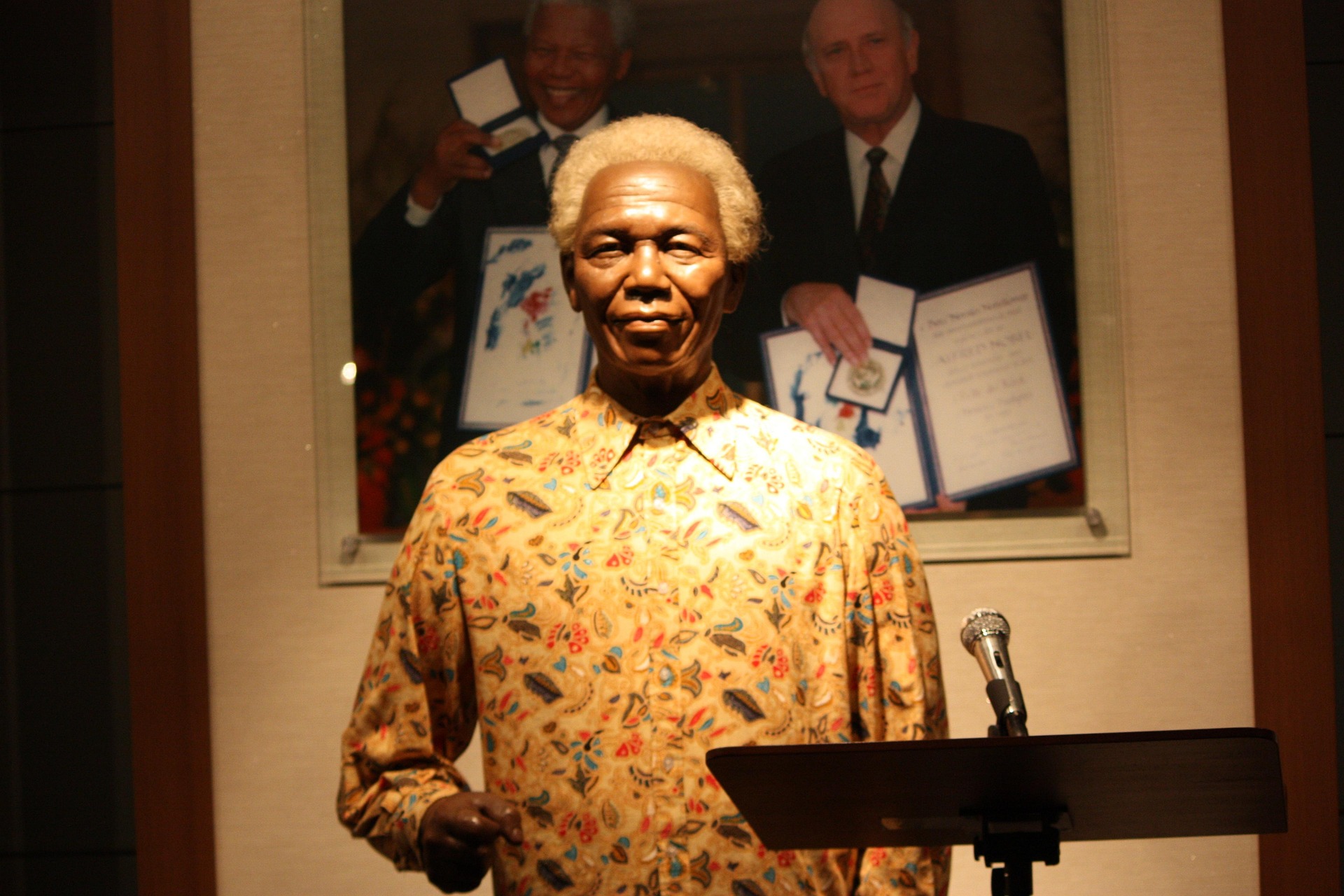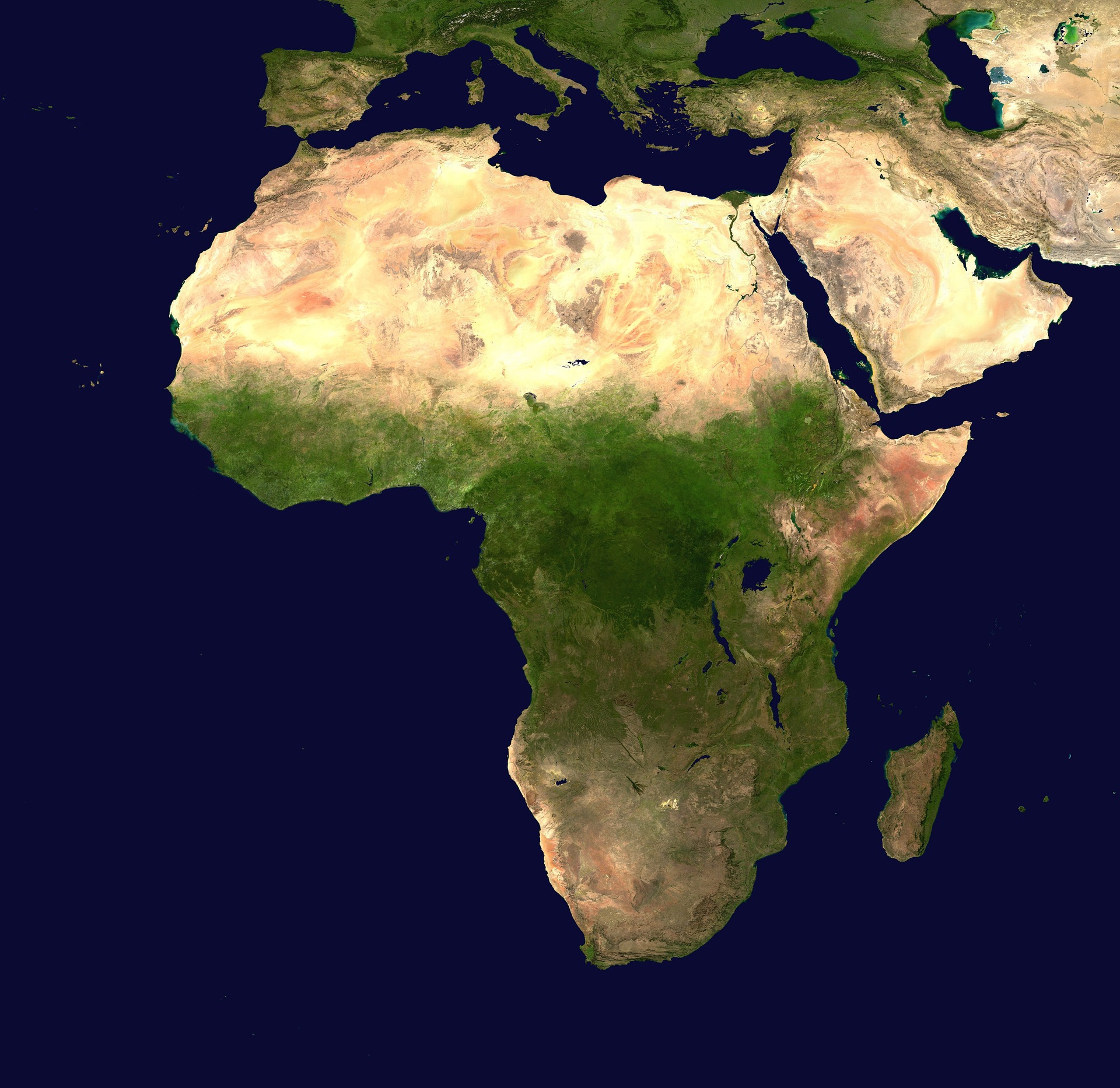Nelson Mandela, the former President of South Africa, is a name synonymous with courage, resilience, and the fight for equality. His unwavering commitment to justice and freedom has left an indelible mark on South African politics and the world at large ¹. Mandela’s life is a testament to perseverance and determination, rising from a troubled childhood to become a symbol of hope and reconciliation.
Early Life and Education
Born on July 18, 1918, in Mvezo, South Africa, Mandela was the youngest of thirteen children. His father, Gadla Henry Mphakanyiswa, was a chief of the Thembu tribe, and Mandela was expected to follow in his footsteps as a leader ². However, his life took a different path when his father died, and he was forced to navigate the challenges of racial segregation and discrimination.
Mandela’s education played a crucial role in shaping his beliefs and values. He attended primary school in Qunu and later attended secondary school in Clarkebury and Healdtown. It was during this time that he was first exposed to the injustices of racial segregation, fueling his desire to fight for equal rights [3).
The Fight Against Apartheid
Mandela’s involvement in the anti-apartheid movement began in the 1940s, when he joined the African National Congress (ANC). He played a crucial role in organizing protests, boycotts, and other forms of resistance against the oppressive apartheid regime ³. In 1961, Mandela co-founded Umkhonto we Sizwe (Spear of the Nation), the armed wing of the ANC, believing that peaceful protests alone were not enough to bring about change [3).
Mandela’s activism and involvement in the ANC did not go unnoticed by the apartheid government. He was arrested in 1962 and sentenced to five years in prison for inciting workers’ strikes and leaving the country without a passport. Later, in 1964, Mandela and other ANC leaders were charged with sabotage and conspiracy to overthrow the government, resulting in a life imprisonment sentence on Robben Island [2).
Presidency and Reconciliation
After 27 years of imprisonment, Mandela was released in 1990, and he emerged as a leader and negotiator in the negotiations for a new democratic South Africa. In 1994, he became the country’s first black president, marking the end of apartheid ³. Mandela’s presidency was characterized by his commitment to reconciliation and nation-building. He established the Truth and Reconciliation Commission, which aimed to document human rights violations and promote healing and forgiveness ¹.
Mandela’s leadership and vision played a crucial role in shaping South Africa’s transition to democracy. His commitment to forgiveness and reconciliation helped to heal the wounds of the past and paved the way for a more inclusive and equitable society ¹.
Legacy and Impact
Nelson Mandela’s legacy extends far beyond his presidency. He is a symbol of hope and resilience, inspiring generations to fight for justice and equality. His commitment to forgiveness and reconciliation has left a lasting impact on South African politics and society ¹. Today, Mandela’s legacy continues to inspire people around the world to stand up against injustice and fight for a better future.
In conclusion, Nelson Mandela’s life and legacy serve as a powerful reminder of the human spirit’s capacity for resilience, forgiveness, and reconciliation. His impact on South African politics and society will be felt for generations to come.





Leave a Reply